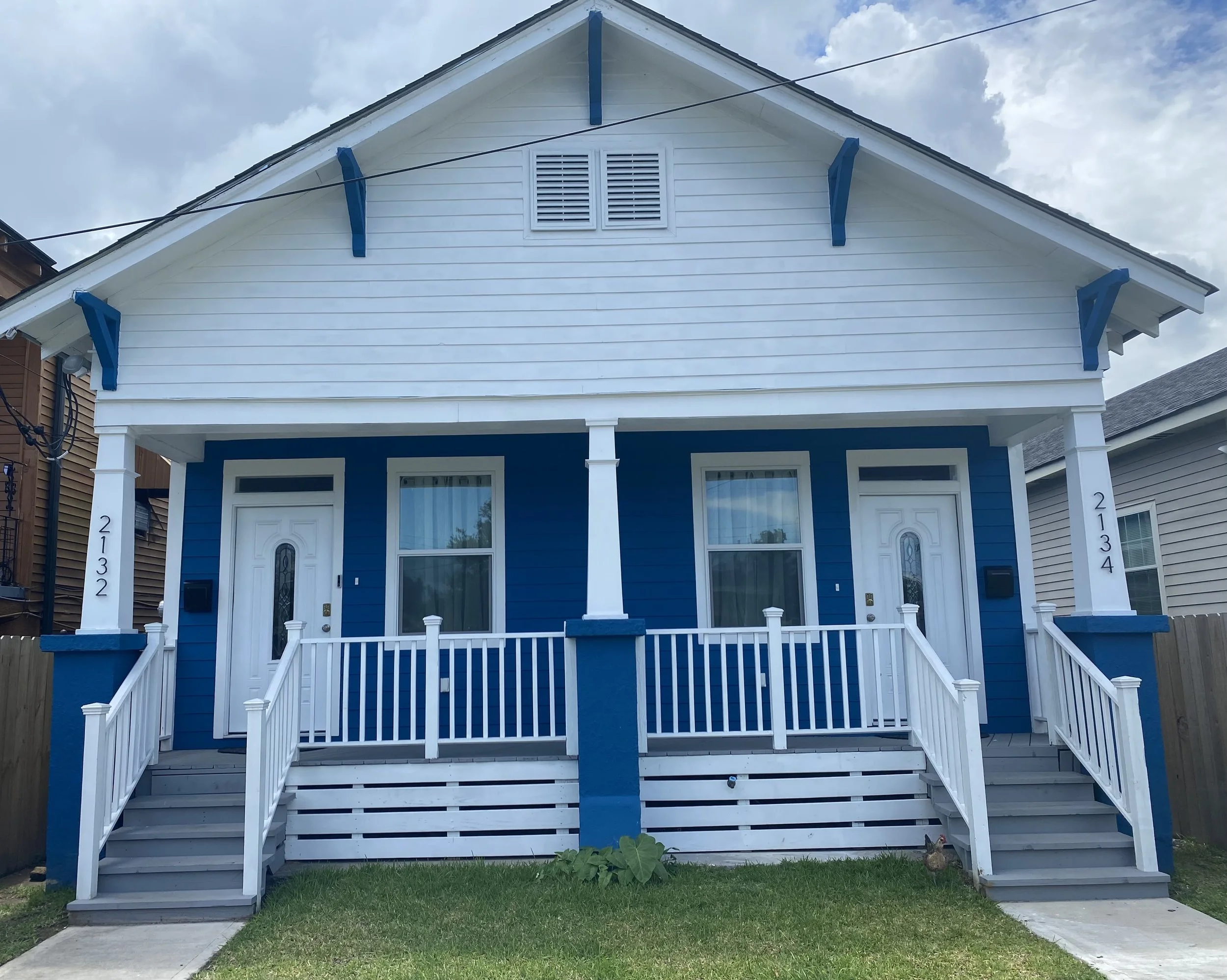Make an
impact today
Support our mission by contributing a donation.

Why give?
-
✽ Stability
Supportive housing provides safe, permanent homes for individuals facing homelessness, disability, or chronic health challenges. Your donation helps create a foundation for healing, growth, and independence.
-
✽ Breaking the cycle
Supportive housing reduces hospital visits, incarceration rates, and emergency service use — saving public resources and helping people rebuild their lives. Your contribution fuels long-term solutions, not temporary fixes.
-
✽ Protecting Vulnerable Populations
From seniors to veterans to individuals with disabilities, supportive housing serves those most at risk. Donations ensure these neighbors receive the dignity, safety, and compassion they deserve.
-
✽ Investing in Community Health
Stable housing leads to better physical and mental health, stronger families, and safer neighborhoods. Your support strengthens the entire community — not just the individuals served.
-
✽ Empowering Change
Every dollar helps expand access, improve facilities, and reach more people in need. Whether it’s a new bed, a case manager, or a warm meal, your donation makes a direct impact.
-
✽ Supporting Wraparound Care
Unlike traditional housing, supportive housing includes access to vital services like mental health care, addiction recovery, job training, and crisis intervention. Donations help fund the staff and programs that make this holistic care possible.

FAQs
-
Supportive housing combines safe, affordable living spaces with access to essential services like healthcare, counseling, and daily living support. It’s designed for individuals who need extra help to live independently — including seniors, people with disabilities, and those recovering from homelessness or trauma.
-
Older adults needing daily assistance
Individuals with physical or mental health challenges
People transitioning out of homelessness or crisis situations
Veterans or those with limited income
-
Supportive housing is designed to adapt. If a resident’s physical or emotional needs increase, staff will work with families and healthcare providers to adjust services or explore alternative care options.
-
Services may include, but are not limited to personal care assistance, medication reminders, mental health support, transportation coordination, and crisis intervention.
-
Yes! Supportive housing encourages family involvement and offers flexible visiting hours.